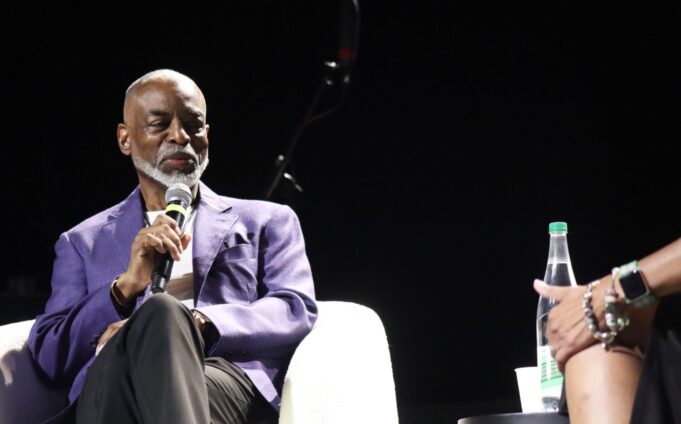One City Schools celebrated 10 years of its impact in education as it held its first-ever anniversary party at “Rally for Our Future” on July 10.
The anniversary celebration took place at The Slyvee, 25 Livingston St., where One City Schools recapped its history and looked towards the future as it continues its work in education. The public charter school brought out long-time supporters of its mission while highlighting the necessary work still to be done, with insightful conversations from respected leaders in education and the unveiling of One City Schools’ new anthem.
Its decade-long journey has garnered much attention for its approach to changing what schools could look like.
“I’ve seen children thrive and become scholars again,” said Gail Wiseman, chief operating officer of One City Schools. “This is our unique answer to the harmful practice of socially promoting children. [Our] Scholars are nurtured and held to high expectations rather than simply passed along.”
One City Schools’ approach comes from its “21st Century Agenda.” It’s a two-prong philosophy meant to break the “cycle of longstanding achievement gaps” for children of color and create a new system of public education that aims to wholly prepare students to solve tomorrow’s problems.
Kaleem Caire, founder and CEO of One City Schools, has long pushed for fostering the next generation of youth who will lead, but the journey towards this goal hasn’t been easy.
Caire spoke of the sacrifices he and others had made, tears welling in his eyes, as he remembered the start of One City Schools.
“I want you all to see these folks … they’ve seen me literally almost die three times in the last 10 years during this movement,” Caire said, pointing to his family and early supporters of One City Schools. “They were there helping me, morning, noon and night, carrying stuff, trying to get volunteers in, but also listening to me talk about this project, and putting things on hold so that I can do this for children … they made changes to their lives, to their trajectory.”

(Photo by Omar Waheed)
Rally for Our Future also looked at the current state of education. In a discussion facilitated by Dr. Gloria Landson-Billing — a renowned educator and One City board member who penned the theory of Education Debt — with actor and long-time advocate for literacy and education LeVar Burton, the longtime host of the PBS Kids educational television series Reading Rainbow, where he earned 12 Daytime Emmy Awards and a Peabody Award as host and executive producer.
Burton offered his insights into the importance of fostering education, and especially so in relation to the current political efforts to defund public education under the Trump administration.
“In this now moment that we share, where there is such an effort to erase culture, there is such an effort to indulge in what is called alternative facts, literacy is the antidote to nonsense,” Burton said.
To Burton, being able to read in at least one language makes you free and is an act of resistance.
Burton also commented on the current sphere of technology entering schools, like artificial intelligence. He likened the current reactions to very similar talking points from the ’80s on television, but his career in education advocacy has long utilized technology as an equitable way to reach more children.
“Television was the technology we used on ‘Reading Rainbow.’ That technology of engagement to pull kids in,” Burton said. “As we continue to grow as a civilization, there will be other technologies, like AI [artificial intelligence], in the mix. As we are sorting out our relationship with AI, it is clear that there are advantages to using this prevailing technology in the service of educating our kids.”
Burton pointed to the initial purpose of “Reading Rainbow” as a summer program to battle the “summer loss phenomenon.” It aimed to fill the loss in learning from three months off from school.










